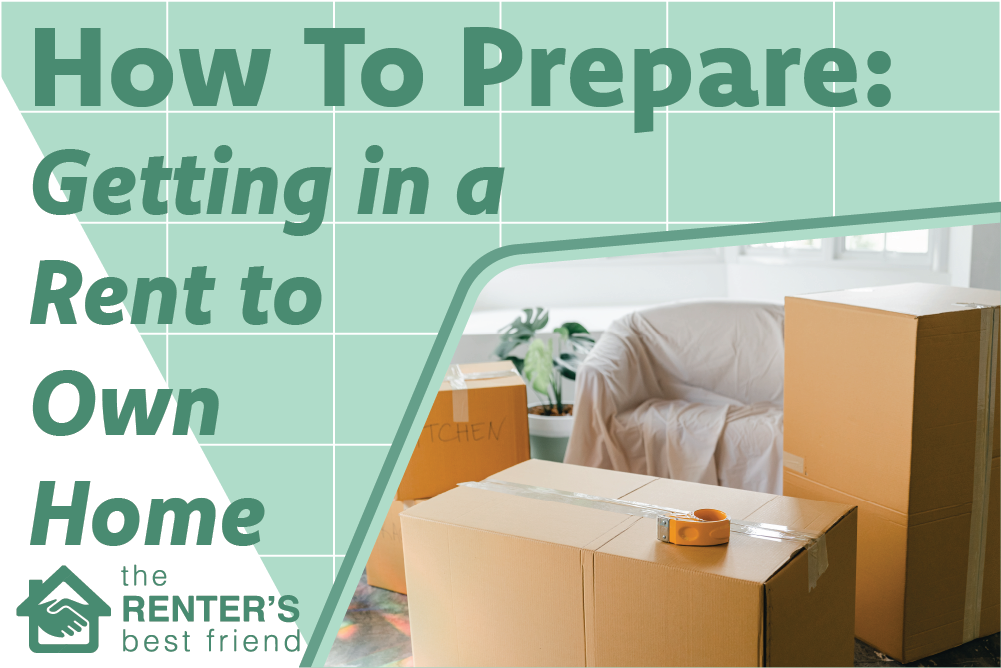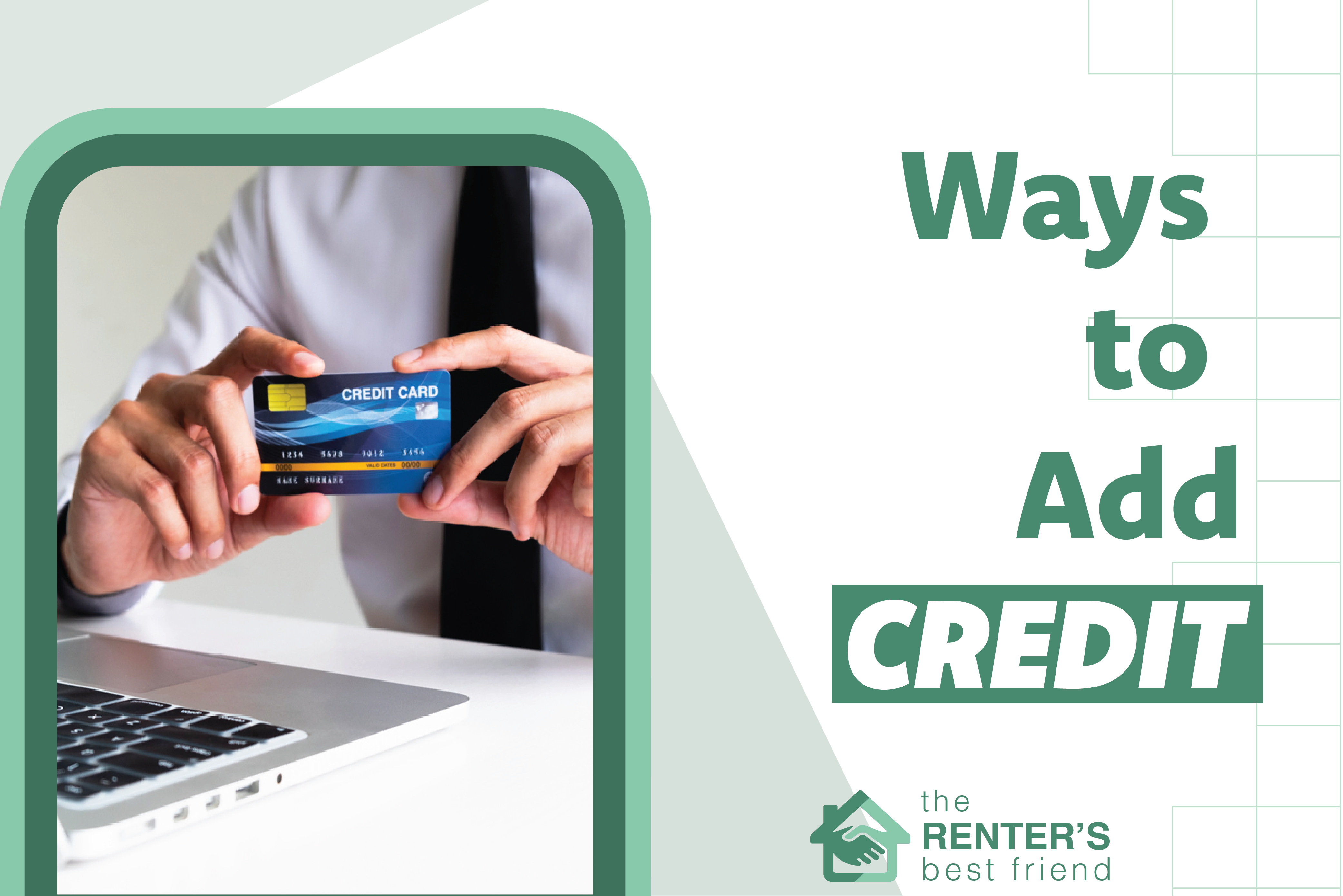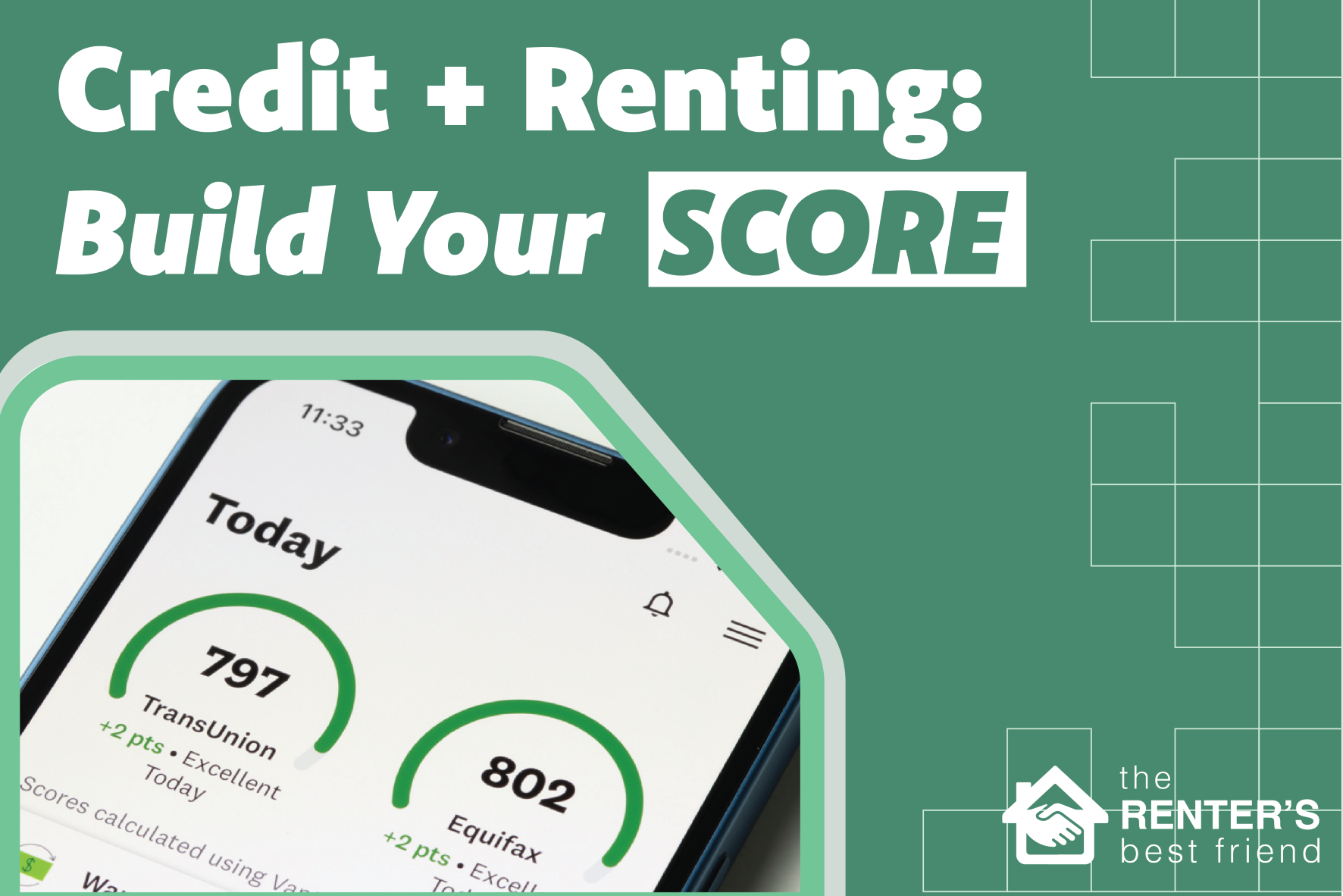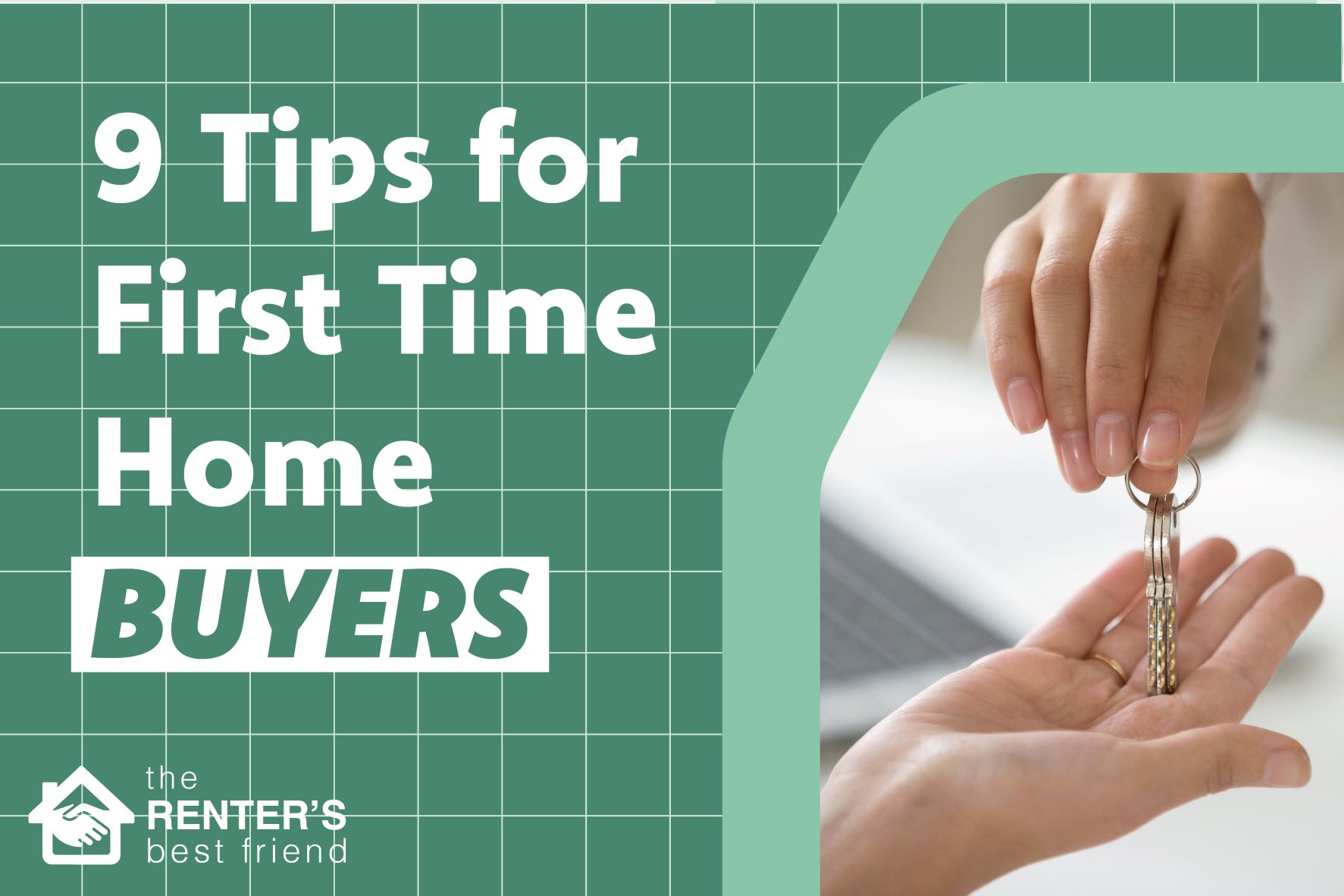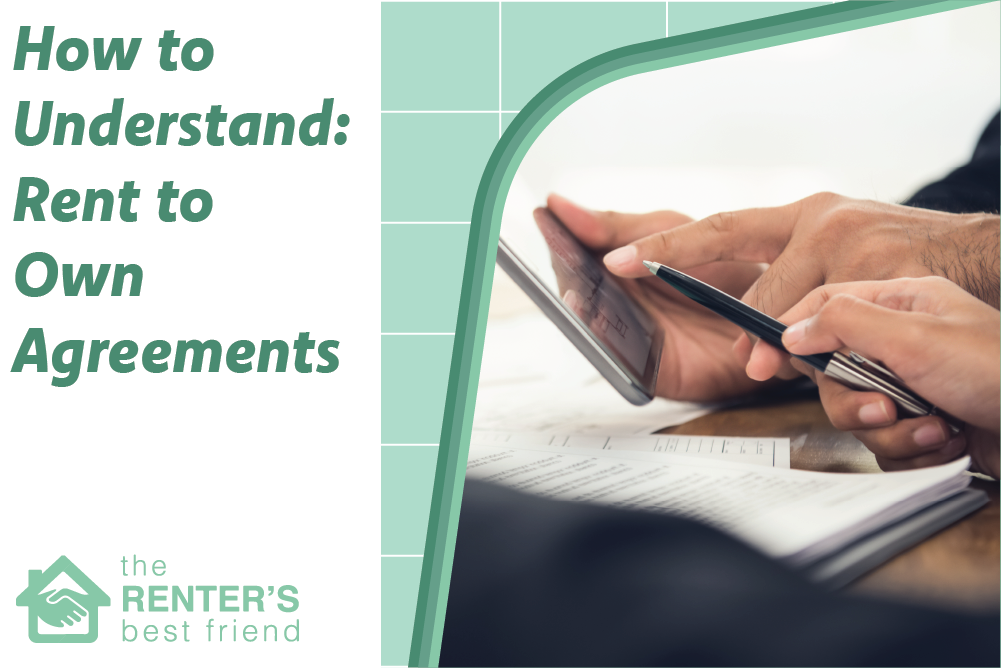There are a lot of moving parts involved in purchasing a home, and many of them feel stressful and overwhelming. It is a massive investment of money, time, and energy. However, if you understand the steps involved and what to expect, you will be far better prepared to navigate this process as painlessly as possible.
Starting your research early is ideal. Reading articles, such as this one, will help you to begin laying the groundwork you’ll need later on down the road. Armed with this knowledge, you are more likely to make the best decisions you can every step of the way. So, we’re here to make sure you have the information you need to tackle this next big change.
Let’s start with a bit of an overview. You can also use this as a checklist for quick reference in your search for a new home.
Also, if you feel like you’re ready to learn more, you can start the home-buying process now. Take your first step towards home ownership with The Renter’s Best Friend program for 1st Time Home Buyers and start making your dreams a reality
Home Buying Checklist
- Understand Your Numbers: When you are ready, the first step is to figure out how much house you will be able to afford. Make sure to only use information from your updated financial records and determine your current credit score.
- Start Saving: You are going to need to provide anywhere from 3 to 20 percent of the total purchase price of the home as a down payment. If you are like most, you probably don’t have that kind of cash to spend all at once. Set realistic goals for yourself and put away as much as you can legitimately spare each month without putting strain on your everyday life.
- Do the Research: There are many free resources that provide information about the home-buying process. Do the homework and make sure that you understand how mortgage payments work, what documents you will need to have, and the requirements of various lenders. The more your know, the less likely you are to be blindsided by surprises along the way.
- Find an Agent: Interview different real estate agents. Start by asking coworkers, family, and friends for recommendations, but do not settle on one simply because of a connection you may share. Buying a home is a huge commitment and, as such, you need to find someone that you are confident will go to bat for you in a big way.
- Look Into Your Options: The different types of mortgages are as varied as the lenders that provide them. Find a lending company that feels right for your needs, browse the different mortgage loans that they offer, and determine which ones you might qualify for.
- Estimate Your Possible Closing Costs: There are a lot of additional costs and fees that are due when you go to sign that final paperwork and get your keys. You should budget for roughly 3 to 6% of the home’s purchase price for this. And start setting funds aside to cover these.
Figure Out What You Can Afford
Now that you have a basic idea of the kind of home that you would like to purchase, you need to determine how much house you will be able to afford. There are sites that offer interactive mortgage calculators that can help you figure out the specifics of how much the purchasing price, down payment, and monthly mortgage payments could come out to be.
Throughout this entire process, you will have to adopt an honest and truthful approach to the reality of the situation, and that is most certainly the case here. You need to take a genuine assessment of your income and expenses so that you can better understand how much you really can afford to pay for your new home. This will help you to avoid wasting time by looking at houses that are outside of your budget. Perform a full self-audit by calculating your savings, looking at your credit, and reviewing all of your recurring expenses (no matter how small). Once you have this figured out, you will also then be able to evaluate the type of loan you might want to apply for.
Find the Right Kind of Home
Understanding what type of home you need for your lifestyle and goals is an important next step. Decide whether you are looking for a single-family home, a condo, a duplex, a townhouse, or a multi-family building. Weigh the various pros and cons of each of these types of properties. Try to picture yourself five or ten years in the future and where you hope to be. Can you picture yourself calling this place home?
Although it is important to remain flexible in your expectations, this will be a huge investment on your part. You need to make sure that a property is going to meet as many of your needs as possible. Drawing up a list of your needs and wants can help you determine if a space is going to be right for you. Consider the overall size of the home, the safety of the neighborhood, your work commute, the layout of the house, and what amenities you want versus what you need. Weigh your options carefully, to be sure that you make the best decision that you can.
Are You a First-Time Home Buyer?
If so, there are a lot of options that may be available to you that would help to alleviate some of the costs associated with the purchase of your first home. Most cities, counties, and states provide a variety of zero-interest loans or government grants that could help.
Some of these include:
- Low-Interest Loans. These must be repaid over the life of their specified term.
- Zero-Interest (Deferred Payment Loans). Typically, these loans do not require any payments for down payment or closing costs until the home is sold, the mortgage gets refinanced, or once the mortgage term expires.
- Zero-Interest (Forgivable Loans). These loans are erased after a period of time elapses. The money doesn’t have to be repaid as long as you still own and live in the home when that time comes.
- Grants. This is a gift of money without any repayment required.
There are also several loan programs offered to first-time homebuyers by government agencies. These include:
- FHA Loan. Backed by the Federal Housing Administration, this loan can help if you have a low credit score or not much cash in savings. You could owe as little as 3.5% for a down payment through this program.
- USDA Loan. Backed by the U.S. Department of Agriculture, you might qualify for 100% financing through this loan program if the home you are buying is in a designated area. These loans are also often zero-down loans.
- VA Loan. Backed by the U.S. Department of Veteran Affairs, these loans offer service members, veterans, and surviving spouses the opportunity to pay 0% down for the purchase of a home.
Get Pre-Approved
Once you have your estimated budget nailed down and you know how much you have set aside for the down payment, you should apply for pre-approval from a lender or mortgage broker. The information that they will get from your through this process will help them to find the best loan for you. In turn, this will also give you a more definitive idea of the closing costs and what your monthly payments might be. Having this letter before you put in an offer shows a mortgage lender that you are qualified for a loan in order to purchase a home, based on your income, savings, and credit.
Hire a Real Estate Agent
Now is when you want to track down a real estate agent to help you through the rest of the stages of home buying. The right agent will be someone who is loyal to your needs and desires, someone that will work hard to help you find the kinds of homes that fit your needs and budget. Interview a few before you decide on hiring the one you feel will work best for you. A good agent will provide you with their expertise, connect you with listings, help negotiate on your behalf, assist you in getting a loan, and help you make an offer when you are ready.
Make an Offer
When you find a property that you know you can see as your future home, it’s time to make an offer. Your agent can help you determine an offer that is competitive but still fair and the seller (and their agent) then have a choice to make – to refuse, to accept, or to counteroffer. There may be several rounds of negotiations at this point, where concessions are made or given on both sides. With any luck, both parties can come to an agreement and, once that happens, you will be obligated to follow through.
Hire a Home Inspector
At this point, you want to have the home inspected to make certain that there aren’t any hidden issues with the property. Hire a trained professional yourself (your realtor may be able to make a recommendation) to make sure that everything is in working order. While home inspections are not mandatory, this is a crucial step that should not be skipped. This will help you understand repairs or safety issues that need attention, which could either help you at the negotiating table or allow you the chance to withdraw your offer if you find the issue to be a dealbreaker.
Working with a Lender
Meet with your lender and go over which type of mortgage loan is going to best work with your financial needs. Determine whether you would prefer to have the lowest possible payment each month, fixed payments over the life of the loan, or even a loan that would work best for selling the property in only a few years’ time. Be sure to discuss all of the various costs that you should be prepared for when closing on the home.
Your lender will also typically make arrangements for a title company to manage the legal and financial paperwork associated with the home’s purchase. This company will also make sure that the seller is the rightful owner of the home and is able to transfer the legal title over to you.
Get Your Home Appraised
Your lender should arrange to have a third-party company come to appraise the value of the new property. This way, they can make sure that they are agreeing to lend the appropriate amount of money. This step of the process helps protect both you and your lender.
Close the Deal Out
The big day is finally here! Once you are satisfied with how things are, you are ready to close. You will have a lot of paperwork to sign and there is a lot to finalize. This is the moment when everyone’s hard work and all of the numbers have to come together. Be patient and know that, once this is finished, you will be the owner of your new home.
Keys in hand, you can cross the threshold of your new place with the confidence that you successfully navigated a daunting and stressful process. With this guide, along with your dedication and diligence, you had what it took all along.
Ready to become a home owner? You can start the process of making your dream a reality when you click here.

